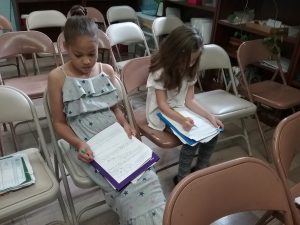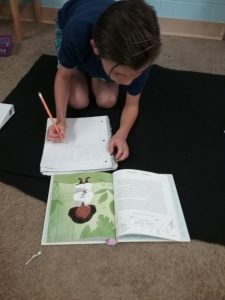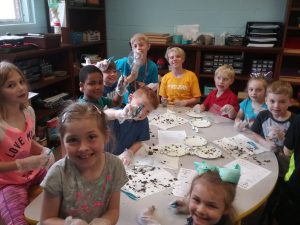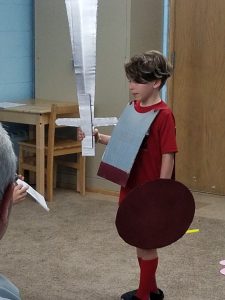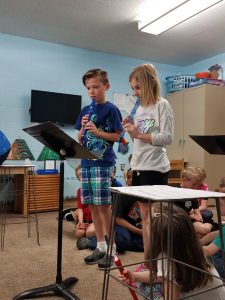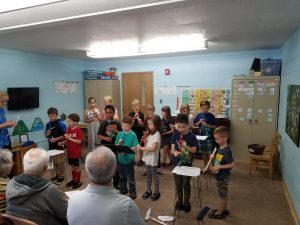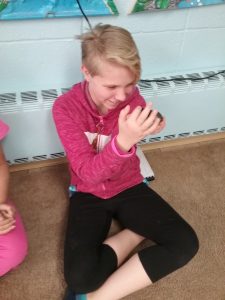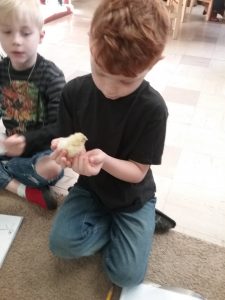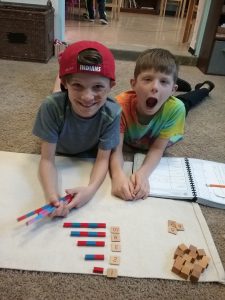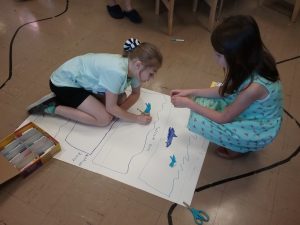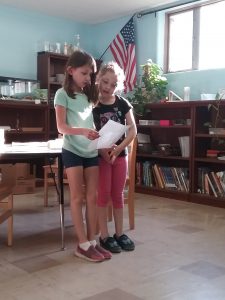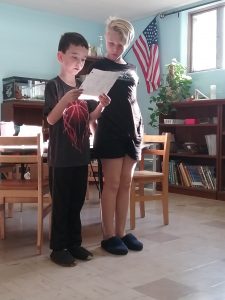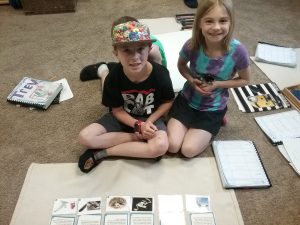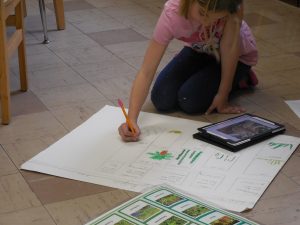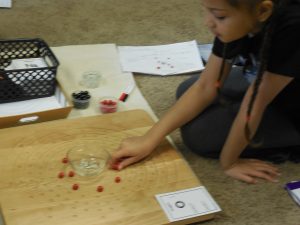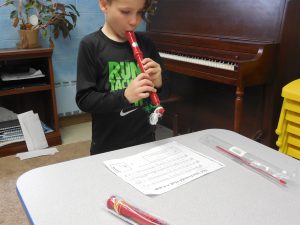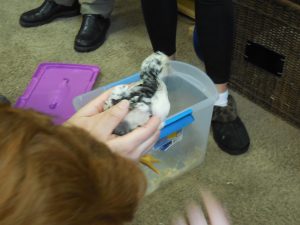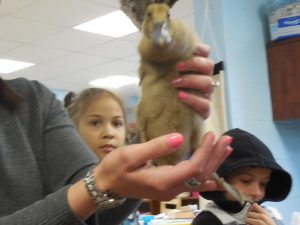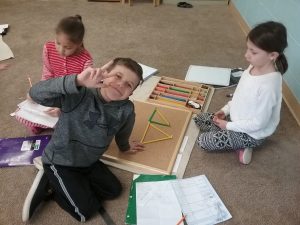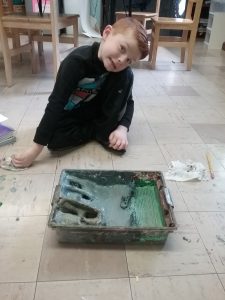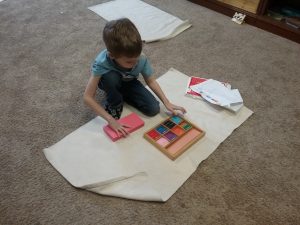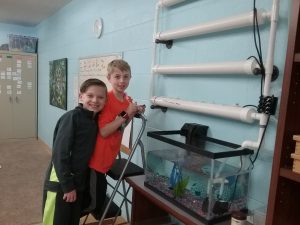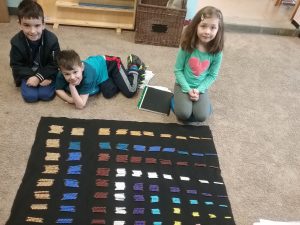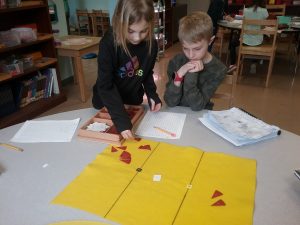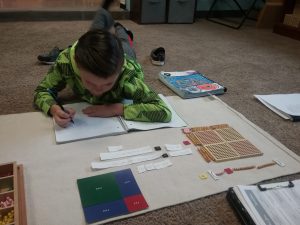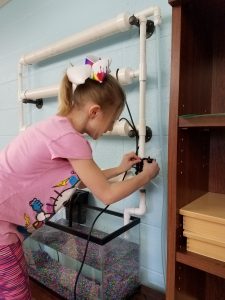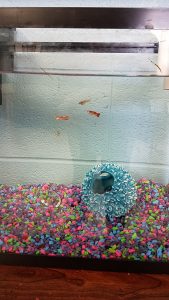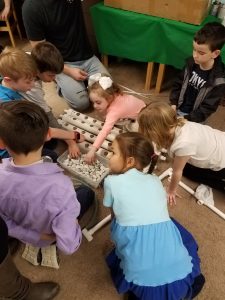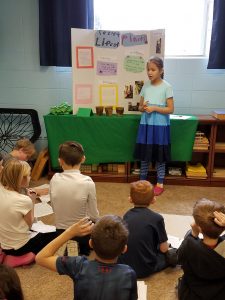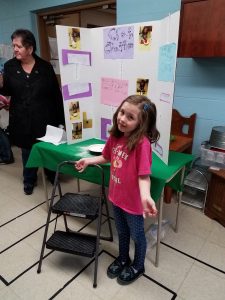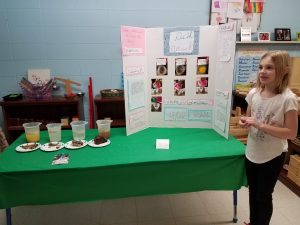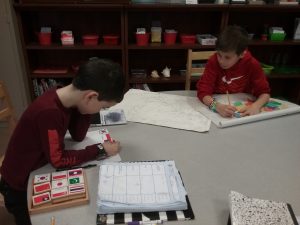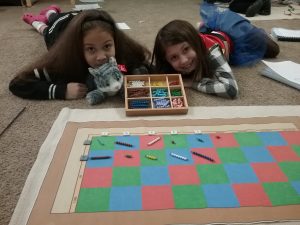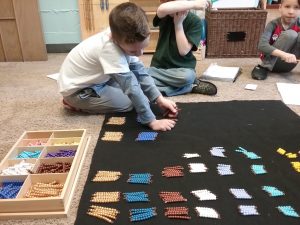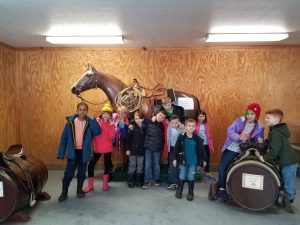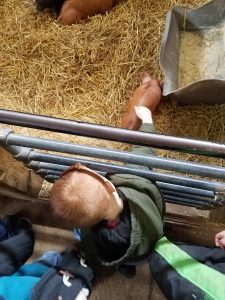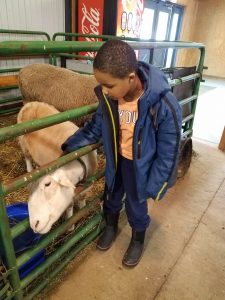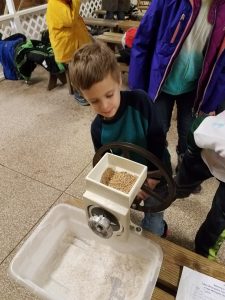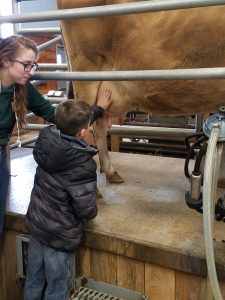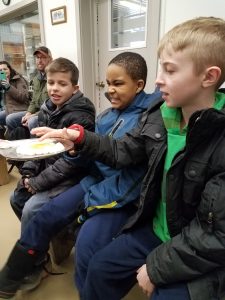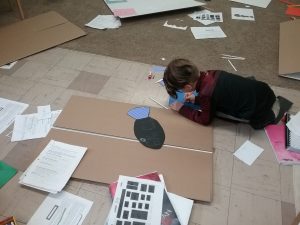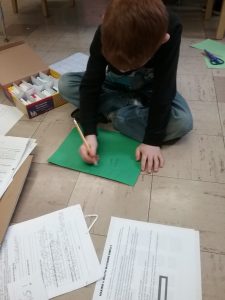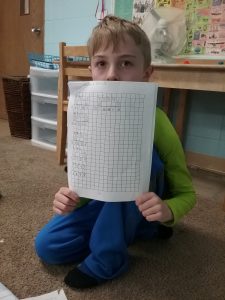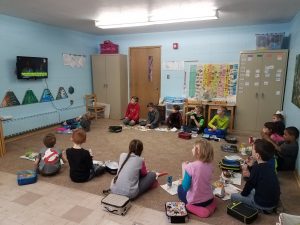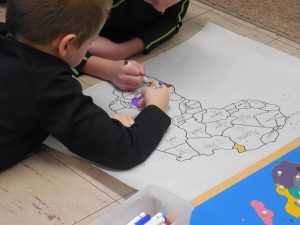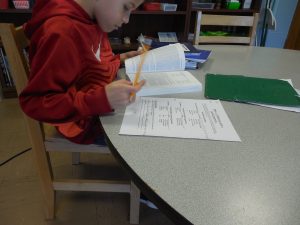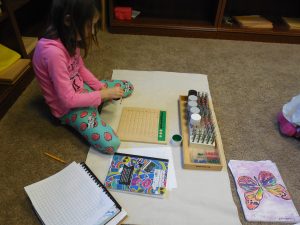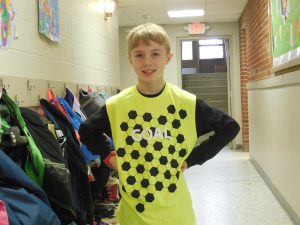This week our “Peek” was written by two of our students! These students read our previous blogs, took pictures around the room, and filled in a blog template. The students did some editing together and with a teacher so what you will read below is their final product. There are still some misspelled words in their final product, but in a Montessori classroom we focus on the process, instead of the end result. Dr. Montessori believed when we put all of the emphasis on the final product, we devalue everything leading up to that point. This can discourage repetition which will make mastery of a skill difficult. The purpose of the students writing the blog is to provide you with a glimpse into the room through their eyes, to provide them with practice of real world skills, and to give them a deeper understanding of the materials in the room. We hope you enjoy their work!
“A Peek at Our Pets” by Ainsley, Maddex, and Trevor
(Ainsley) This week we researched and wrote the taxonome of all the animals in the school, including a Wolf Spiter that Ms. Courtney found. This year the 3rd graders have been learning a lot of main characteristics and internal systems of animals. We learned a lot about different and most common pets.
Annelids by Ainsley
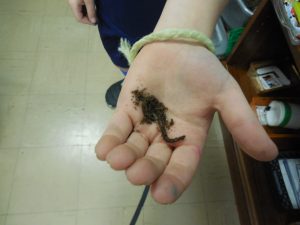
Arthropods by Maddex and Trevor
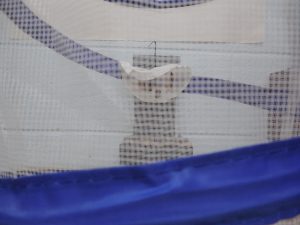
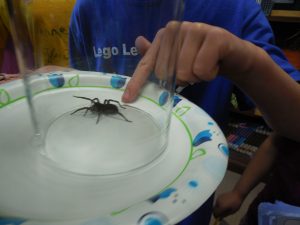
Mollusks by Maddex
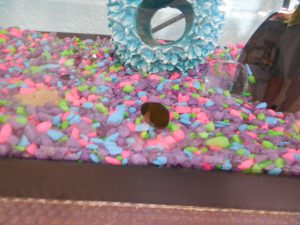
Chordates – Fish by Maddex and Trevor
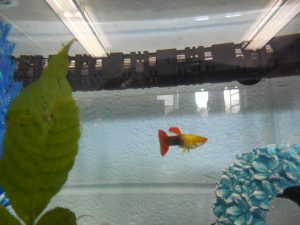
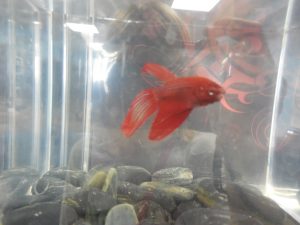
Chordates – Reptiles by Trevor
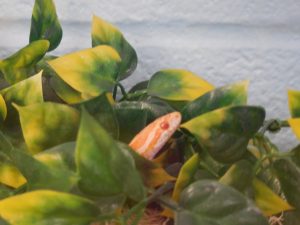
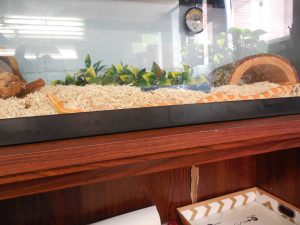
Chordates – Birds by Ainsley
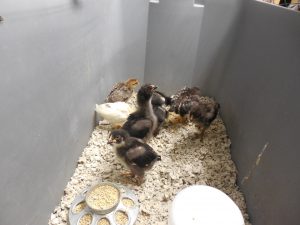
Chordates – Mammals by Ainsley
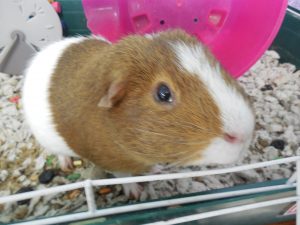
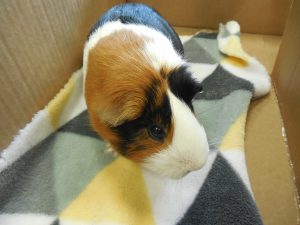
“A Peek at Next Week” by Ms. Ashley
Next week will be our final full week of school! We will have Spelling Assessments Monday and Reading Assessments throughout the week. There will be no new Spelling homework, but please continue to have your child read and record their work on their reading log. Next week Lower Elementary students will add and subtract lengths, add and subtract squares and cubes, practice budgeting, learn more about circles, and complete some research charts as a Zoology review, where we will continue to study about different pets and how to maintain them properly. Since this week we focused more on chickens, next week it will be more about rabbits; since this was a popular pet among our classmates and share how difficult finding a suitable home for your rabbit can be. We will learn that a decent sized rabbit hutch is a good start and how to find the right one. Taking care of these pets can be pretty delicate but with the help of the class mates that already owns one, we’ll cover all of their specific needs in order to help them live a long, happy, and healthy life and many other fun facts about them.

